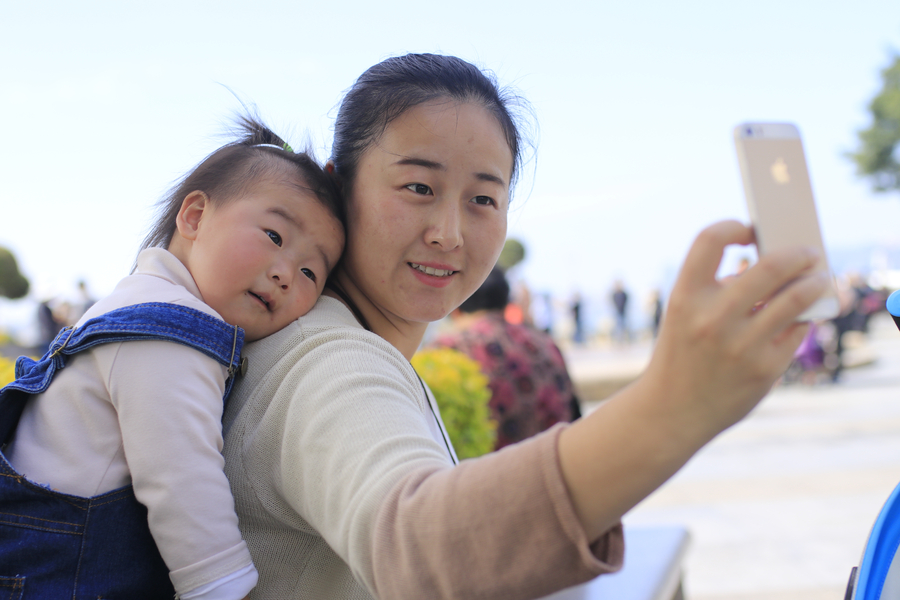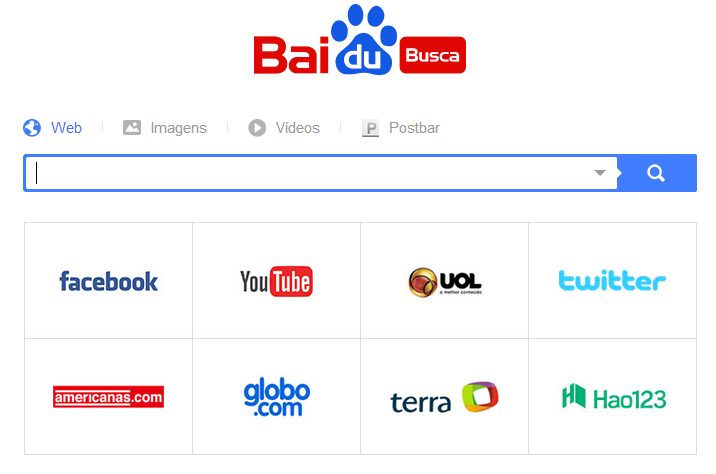How can baby brands catch the eyes of Chinese mothers?

This article is for maternity brands willing to develop their business in China
Cost-Effective Agency
KPI and Results focused. We are the most visible Marketing Agency for China. Not because of huge spending but because of our SMART Strategies. Let us help you with: E-Commerce, Search Engine Optimization, Advertising, Weibo, WeChat, WeChat Store & PR.
The expectations of baby products are increasing in China as a result of the growing number of “digital moms”. We will discuss the characteristics and behaviors of digital moms and then discuss strategies baby brands can use to better engage this target audience.
Overview of China’s Baby Products
China is the second-largest consumer of baby products in China, after the US. According to the National Health and Family Planning Commission in 2017, there were 17.23 million baby born. The baby products market has seen a remarkable growth of more than 250% in just five years. Its sales have reached more than $75 billion. As the number of families earn more and mothers are more aware of their baby’s needs, this will continue to drive the demand for baby products.
Chinese moms are the most important consumers in this market. This is due to the increasing Chinese middle class and growing adoption via internet. Chinese moms are sometimes called “digital moms”.
High Demand In China: Foreign Maternity Care Brands
For Chinese parents, quality is more important than ever. This presents an opportunity for international businesses, as they are perceived by Chinese consumers as being of higher quality, safer and more reliable than their Chinese counterparts.
This drive to quality is evident in the ever-more detailed and specific consumer demands that products are safe, healthy, pollutant-free and environmentally friendly.
Chinese consumers are now researching online
Chinese mothers are increasingly using the internet to find information. This includes user reviews, community E-commerce, and simply discussing new products on social networks. Baidu is the Chinese search engine that allows for more than 100 million searches each month related to Mother & Baby Products.
75% of Chinese mums feed their babies with Baby milk formula in 2017.
What are “young connected mothers”?
Young Connected moms, as their name suggests, are a new breed of mothers who are trendy, well-informed and connected.
79% their time shopping online

These mother spend 79% their time shopping online, which is a major part of their day. A large portion of their time is spent shopping for new baby products, comparing prices, and also receiving online advice about breastfeeding, health, and baby food (Baby Center BrandLabs 2015). While the internet and social networking have helped moms make better decisions, they also allow digital moms to be more vocal about their product preferences and share them on social media. When they find a great product, 84.6% will recommend it. The same goes for bad products. 84.1% will post complaints on WeChat or in WeChat groups.
Online and offline distribution channels can be dynamic and complicated. Major companies from both channels seek to profit from the Mother & baby market growth and to differentiate themselves from their competitors. Online sales accounted for 16.3% of all 2017 sales, with an expected increase to 27.7% in 2022. These two elements are essential to penetrate and maintain the Chinese ecommerce platform ; Branding, and presences on well-known Chinese ecommerce platforms.
Parents rely heavily on WeChat to get advice and make informed decisions for their children. It is estimated that at least three WeChat groups are active. Moms are also learning more about scientific content that affects baby’s development and health. This partly explains why WeChat has seen a rise in the number of followers for pediatricians with psychologists.
How can baby brand target digital moms with
International Brands are Present on Chinese E-commerce Platforms
International brands need to learn the policies of digital platforms in order to enter China’s e-commerce market. These include TMALL and JD.com.
You can sell Maternity Products in China using TMALL
TMALL has 57% of the largest market share in China’s e-commerce market. It focuses mainly on premium brands. This makes TMALL China’s most expensive e-commerce platform. High quality products are a sign of high quality for Chinese consumers. Many customers choose to shop at TMALL. Alibaba Group owns TMALL. This platform allows international brands to offer cross-border services and sell directly to Chinese consumers.
Types of Tmall stores:
Flagship store: The brand (trademark) owner or merchant who has exclusive authorization to open a storefront on Tmall. These are the circumstances under which flagship stores may be opened:
The merchant who opened the store opens the store and sells the merchandise.
The merchant who opened the store opens the store and sells the merchandise on behalf of multiple brands.
The merchant who opened the store opens the store and sells the products on behalf of the multi-brand marketplace (service Class trademark). source ecommercechinaagency
*Requires Tmall.com approval
Authorized store: The brand owner has issued authorization documents to the merchant in order for him to open a Tmall.com store.
These are the conditions under which authorized stores may be opened:
- One brand is allowed to be sold by a store
- Although a store is authorized to sell products of multiple brands, all brands belong to the exact same entity.
- Specialty store: Merchant selling products from two or more brands within the same product category. These are some of the reasons specialty stores may be opened:
- The merchant doesn’t own any of the brands sold by the store.
- The merchant owns a trademarked brand and the store also sells products not from that brand.
- The merchant may own two or more brands.
- One merchant can only apply for one specialty store within a single product range.
Through Key Opposition Leaders (KOLs)
KOL influencers are key opinion leaders who can help baby brands run ads campaigns. KOL influencers (Key Opinion Leaders) are people who have the ability to influence buying decisions or opinions of target audiences. This is primarily due to their large social media following. Collaborations with digital mom influencers are a great way for brands to get out of the crowd, gain insight from potential customers, and ultimately increase brand reach. LemonT_Ning Ti, Piity Flower Butterfly LianHua Duan Die, and La Ma NANADe Zi Chang are some of the most prominent Chinese influencers.
LemonT is an ideal Mom in China. Her page attracted 58.2 million followers, which shares about kid fashion, cosmetic and baby products.
Via mother and baby platforms
Baby brands can also keep in touch with Chinese mothers and baby platforms to better understand their customers and determine their needs. Many forums exist in China, including Ya Er Wang (Yu Er Wang /Ci123), Bao Bao Sho (BabyTree) and Mu Ying Zhi Jia(Mu Ying Zhi Jia). These forums have a large user base that brands can use to become expert advisors or sponsor them to increase their reach.
Via WeChat the Chinese Super App
Brands can target WeChat groups as well as the official WeChat accounts for babies. Word-of-mouth can be very effective and influential, even though WeChat groups are hard to find and small in number. A mom sharing positive experiences with baby slings or diapers can influence other mothers who use the same brand.
Via SEO/SEM Baidu
About 46% of Chinese digital moms use search engines to help them in their buying journey. They search online for information about products they are interested in purchasing. The search engine allows mothers to instantly find product information, such as the origin and ingredients, as well as reviews and recommendations from others. To increase visibility in search results, companies must optimize their website on the country’s various search engines. Higher ranking in search results will give brands the opportunity to register more click-throughs. Baidu, China’s leading search engine, has 70% of all searches.
Via content creation, because content is the King
It is difficult to create viral content. Baby brands can create basic viral content from digital content if they are able to adapt it with Chinese mothers. These are some best practices:






